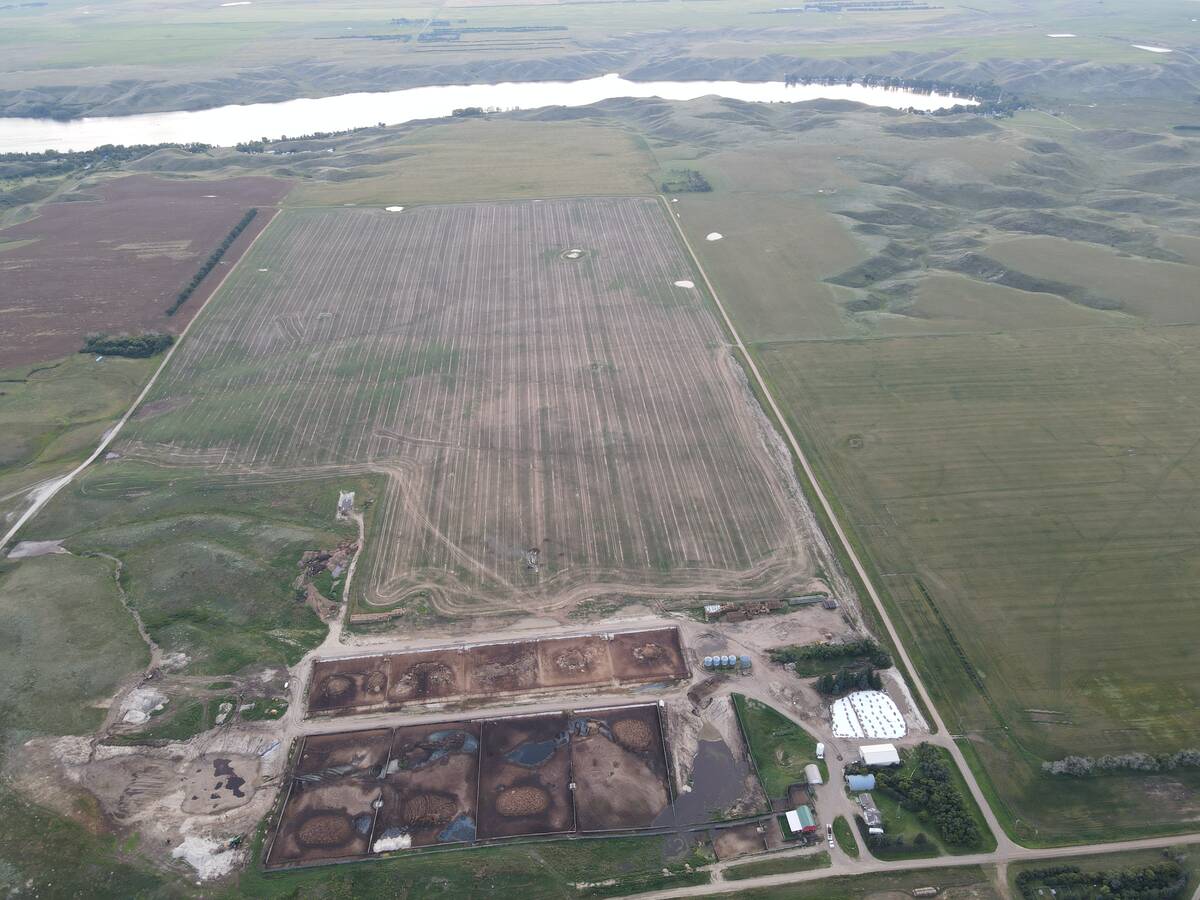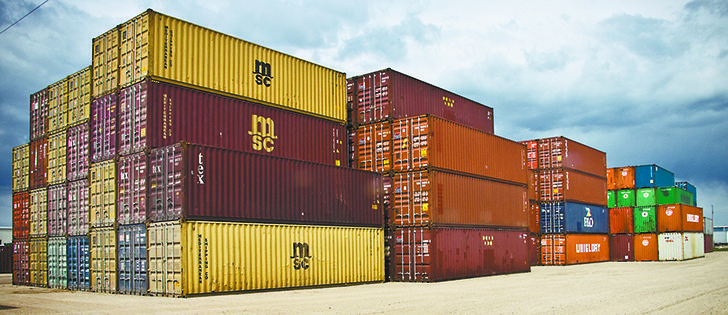$750 billion annually | Waste from production higher in developing countries, says UN report
An estimated 1.3 billion tonnes of food are wasted annually in a world where more than 800 million people are counted as chronically hungry or malnourished, says the United Nations.
The UN’s Food and Agriculture Organization said in a September report that wasted food costs at least $750 billion annually.
The volume of water used to create it would be the equivalent of a major river’s annual flow.
The FAO said it was the first comprehensive estimate on the amount and cost of food waste and spoilage, whether through uneaten food in restaurants, food spoilage or harvest losses.
Read Also

Saskatchewan RM declines feedlot application, cites bylaws
Already facing some community pushback, a proposed 2,000-head cattle feedlot south of Swift Current, Sask., has been rejected for a municipal permit, partly over zoning concerns about the minimum distance from a residence.
“All of us, farmers and fishers, food processors and supermarkets, local and national governments, individual consumers, must make changes at every link of the human food chain to prevent food wastage from happening in the first place and re-use or recycle it when we can’t,” FAO director-general José Graziano da Silva said in the report.
“We simply cannot allow one-third of all the food we produce to go to waste or be lost because of inappropriate practices, when 870 million people go hungry every day.”
The FAO is promoting a worldwide campaign of better food management, storage, transportation and harvesting to reduce losses and spoilage.
In some Canadian cities, community food organizations give thousands of tonnes of unused produce from restaurants and grocery stores to food banks or institutions.
According to the report, 54 percent of the world’s food waste occurs during production, post-harvest handling and storage and the remainder happens at the processing, distribution and consumption stages.
The further up the food processing chain, the greater the economic and environmental damage caused by food waste and spoilage because of the added impact of processing, transportation and retail storage, said the report.
“As a general trend, developing countries suffer more food losses during agricultural production, while food waste at the retail and consumer level tends to be higher in middle- and high-income regions, where it accounts for 31 to 39 percent of total wastage,” said the FAO.
Germany funded the report, which was published in mid-September.















